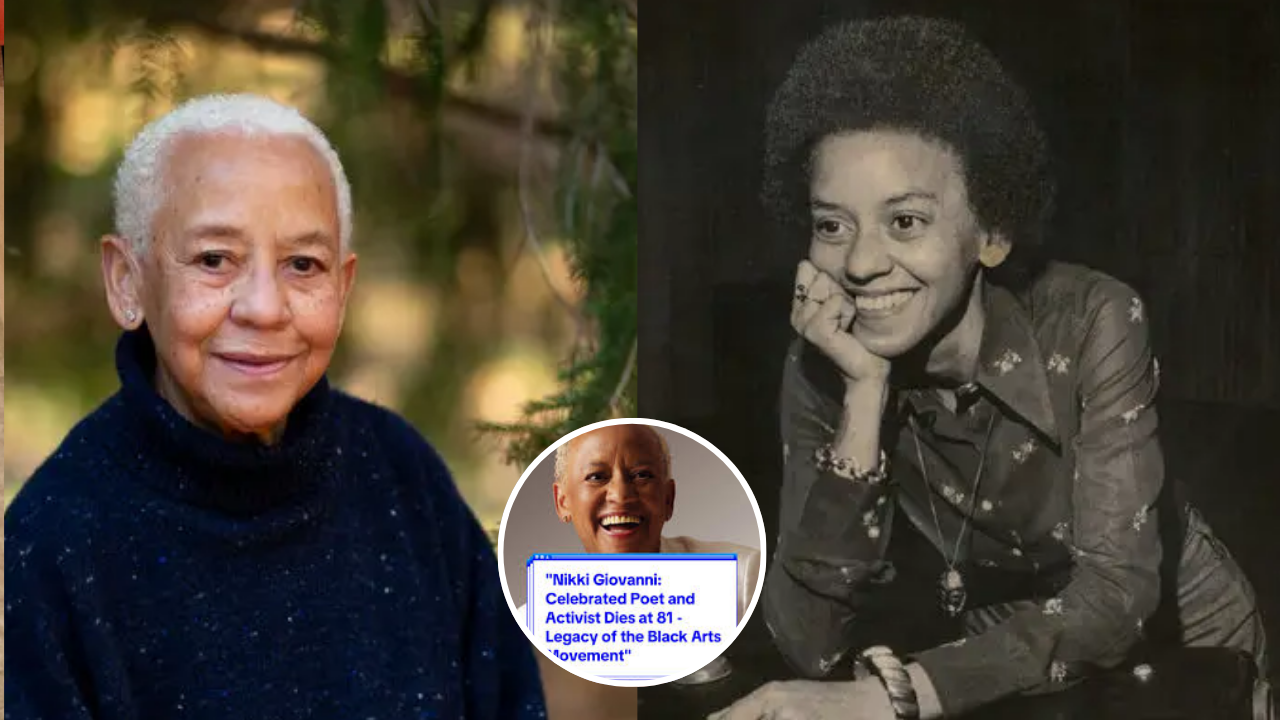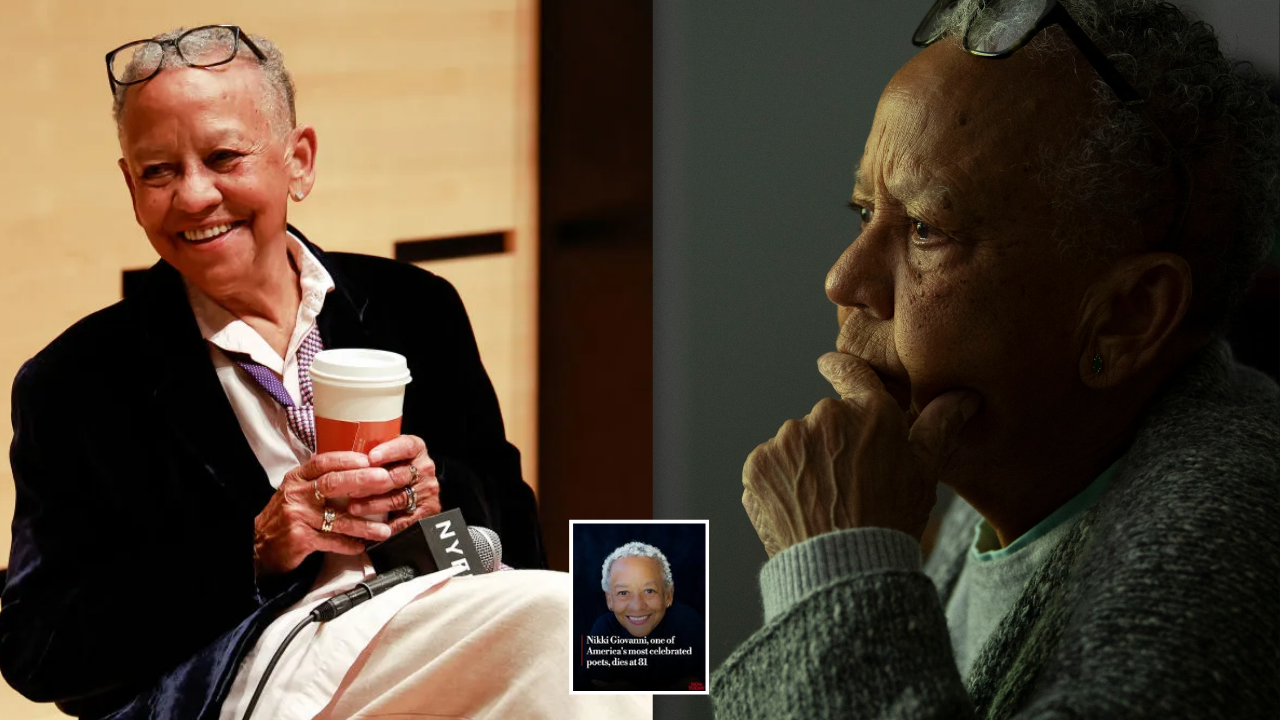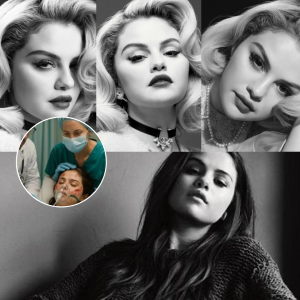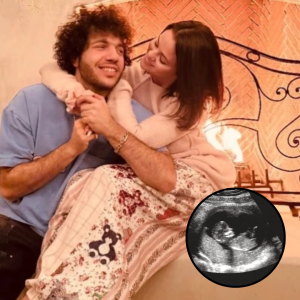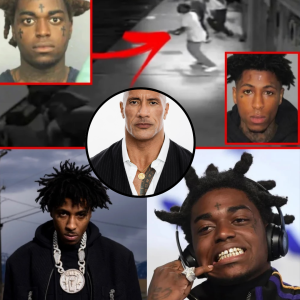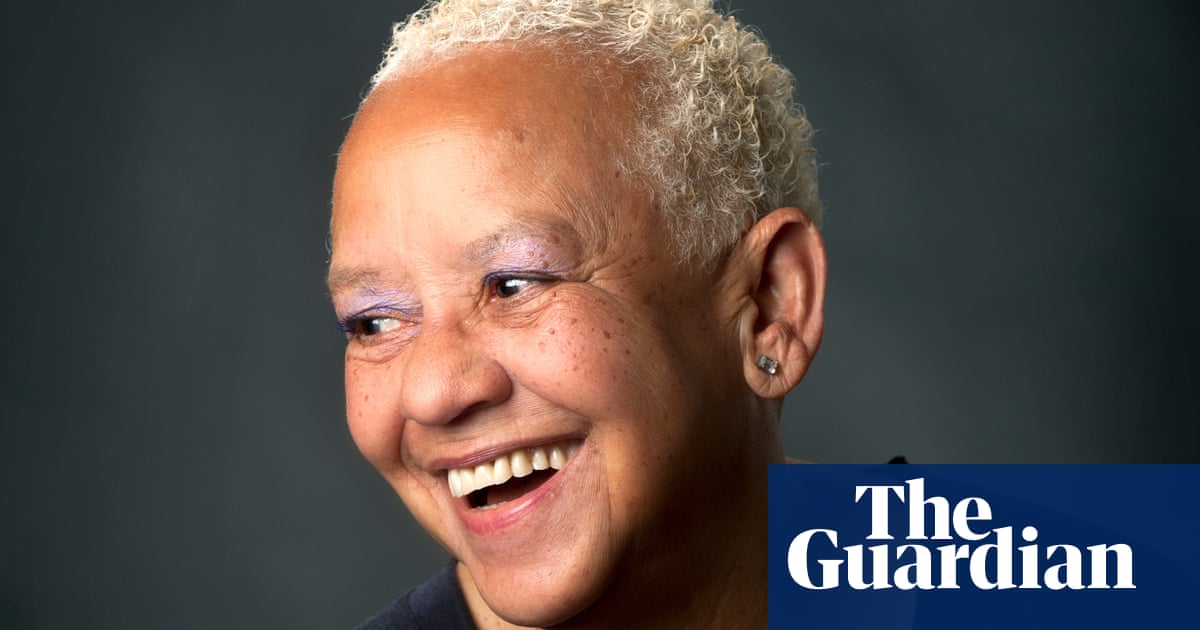
Share
Nikki Giovanni, the award-winning US poet who emerged as one of the leading voices of the Black Arts movement of the 1960s, has died at the age of 81.
Giovanni died Monday after a third cancer diagnosis, her friend, author Renée Watson, told NPR in a statement.
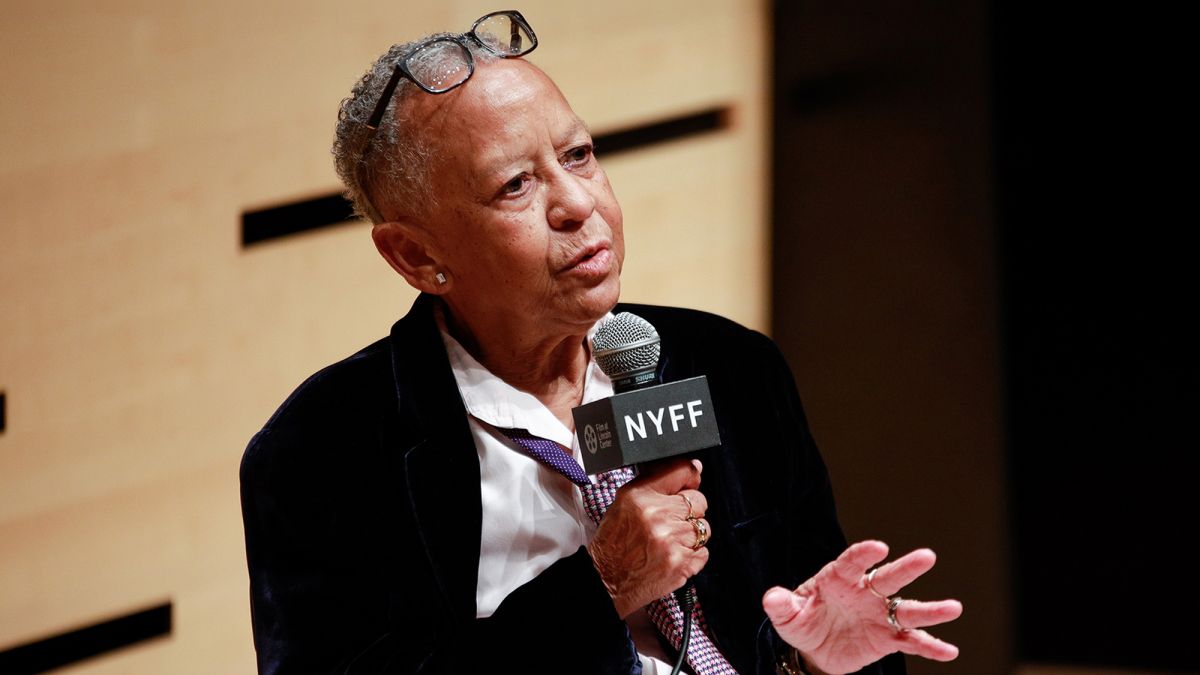
“We will be forever grateful for the unconditional time she gave to us, to all her literary children across the literary world,” said poet Kwame Alexander.
Born Yolande Cornelia Giovanni Jr. in 1943 in Knoxville, Tennessee, but known to her sister as Nikki, Giovanni attended Fisk University in Nashville. There, she met several Black literary figures including Amiri Baraka and Dudley Randal before studying poetry at Columbia University’s School of the Arts.
She published her first two collections of poetry in 1968 – Black Feeling, Black Talk and Black Judgment – launching a career that spanned more than 30 books including Those Who Ride the Night Wind and Bicycles: Love Poems.
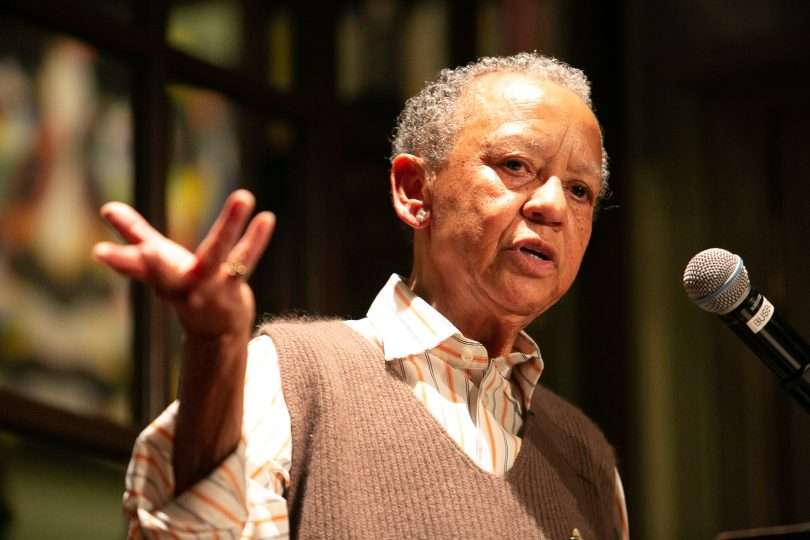
She became part of the burgeoning Black Arts movement, which included figures such as Maya Angelou, James Baldwin, Thelonious Monk, and Audre Lorde. As a civil rights activist and politically active writer, Giovanni also attracted the attention of the FBI; she told the Pittsburgh Press that she often invited agents who were following her to her home “for coffee because I knew they wanted to check out the place.”
Writing accessible poems about black liberation, as well as poems about love, sex, and the small pleasures of family life, Giovanni became a public figure. She appeared on the black arts show Soul! in conversation with the likes of Baldwin and Muhammad Ali, edited several volumes of poetry and essays, championed hip-hop, and wrote several children’s books, including Rosa, an award-winning biography of Rosa Parks.
Giovanni taught English at Virginia Tech from 1987 to 2022. In 2007, one of her former poetry students killed 32 people in the Virginia Tech shooting. Giovanni later said she asked the university to remove him from her class in 2005, saying she felt he was threatening.
Asked about the shooting, Giovanni said: “Killing is a lack of creativity. It is a lack of imagination. It is a lack of understanding of who you are and your place in the world. Life is an interesting and… good idea.”

At the time of her death, she was working on her final book of poetry as well as a memoir titled A Street Called Mulvaney.
“I thought I was mellowing out,” Giovanni told the Guardian in February. “You know, being an old lady and being really cool. And then I realised, no, there’s still quite a bit of anger.”
Giovannie was diagnosed with lung cancer in the 1990s and underwent multiple surgeries. She is survived by her son Thomas, her granddaughter, and her husband, Virginia Fowler, an English professor who became Giovanni’s biographer before they married.
